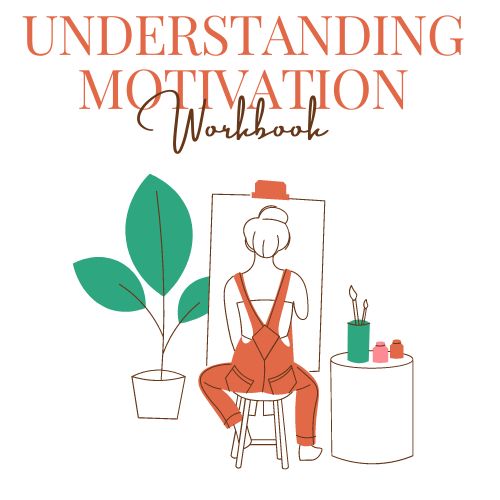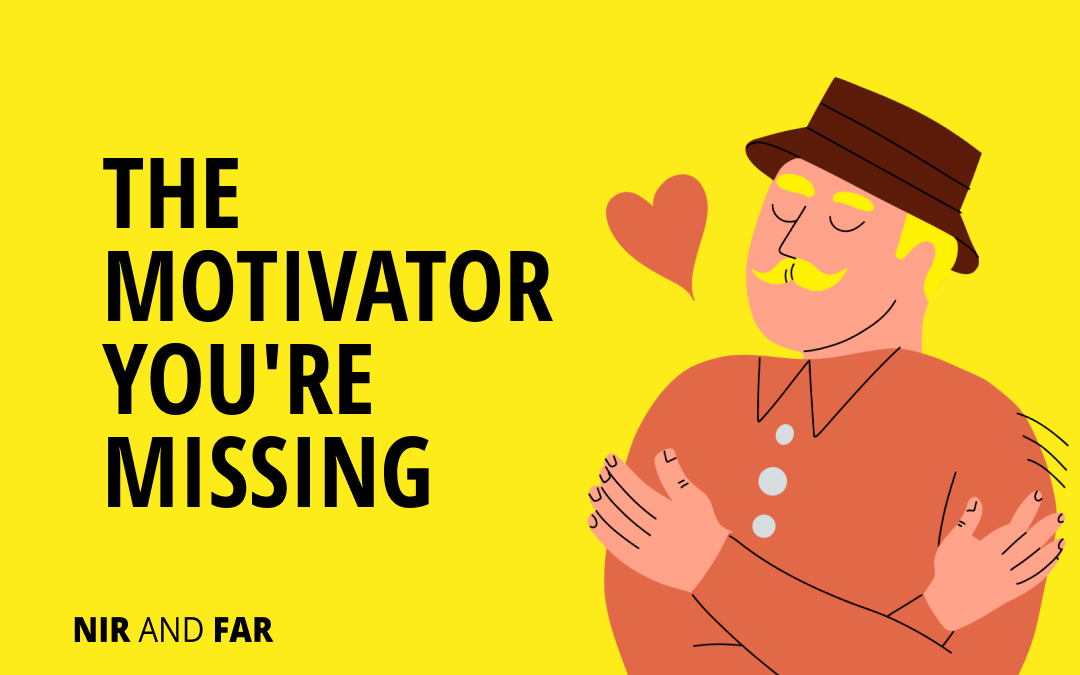“There are a whole lot of ways to be perfect, and not one of them is attained through punishment.” —science fiction author Ursula K. Le Guin
Pushing ourselves and holding ourselves accountable are how we achieve success. Unfortunately, many of us mistake harsh self-criticism and self-castigation for “pushing ourselves.” And that has the opposite of the desired effect.
You’re never going to become successful or happy if you constantly put yourself down. Showering ourselves in negative self-talk doesn’t push us to success; it drowns us in our failures.
How we speak to ourselves is vitally important, especially in the face of perceived failure.
Rather than telling ourselves we failed because we’re deficient, we should offer self-compassion by speaking to ourselves with kindness when we experience setbacks.
Why? Self-compassion makes people more resilient to letdowns by breaking the vicious cycle of stress that often accompanies failure.
Research shows that positive self-talk improves athletes’ performance, for example. Athletes who were trained in positive self-talk experienced less anxiety and higher confidence and performance in one study.
Several studies have found that people who are more self-compassionate experience a greater sense of well-being. A 2015 review of 79 studies looking at the responses of over 16,000 volunteers found that people who have a positive, caring attitude toward themself “in the face of failures and individual shortcomings” tend to be happier–a testament to the power of introspection.
Another study found that people’s tendency to self-blame, along with how much they ruminate on a problem, led to the most common factors associated with depression and anxiety. An individual’s level of self-compassion had a greater effect on whether they would develop anxiety and depression than all the usual things that tend to screw up people’s lives, like traumatic life events, a family history of mental illness, low social status, or a lack of social support.
The good news is that we can change the way we talk to ourselves by harnessing the power of self-compassion.
We’ll never stop failing or messing up. The important thing is to take responsibility for our actions without heaping on the toxic guilt that makes us feel worse—which only distracts us from pursuing what we want.
How to Talk Nice to Yourself
If you find yourself listening to the little voice in your head that sometimes bullies you around, it’s important to know how to respond. Don’t accept what the voice says or argue with it; instead, remind yourself that obstacles are a part of the growth process. We don’t get better without practice.
Here’s how to be a little gentler with yourself.
Talk to yourself as a friend would
When we make a mistake, small or large, so many of us are quick to snap at ourselves with “I can’t believe I did that,” “I’m so stupid,” or “You idiot!”
But if a friend were to make the same mistake, our reaction likely would be, “It was just a mistake! We all make them.”
The same goes when we experience imposter syndrome or feel inadequate in our professional lives. We are quick to belittle ourselves, but friends remind us of everything we’ve accomplished and tell us how smart and capable we are.
Next time you go to chide yourself, stop. Take a breath and think of what a friend would say to you at that moment.
Arm yourself with positive self-talk
Sometimes it’s challenging to shut up your inner critic. It always seems to whisper at your most vulnerable moments.
That’s when having positive phrases ready to go to ward off negative thoughts is helpful.
Athletes call this cognitive technique “self-talk,” and they rely heavily on it to improve their mindset and performance.
Specifically, self-talk is “statements, phrases, or cue words that are addressed to the self which might be said automatically or strategically, either out loud or silently, phrased positively or negatively, [and] having an instructional or motivational purpose…” An example is “I can do it!” (Here’s an Instagram video of an athlete practicing positive self-talk.)
The average person can use this method too.
Like most authors, I often encounter a range of internal triggers, or negative feelings, during the writing process. Sitting down to write is hard work, and it pushes the buttons of our insecurities. Whenever I feel doubt, pity, stress, anxiety, or uncertainty, I repeat to myself, “This is what it feels like to get better.” That saying shifts my perspective, making me see my struggle as an inherent part of a growth process rather than a flaw in my character. A similar phrase to repeat is “You are on your way.”
It’s normal to feel discomfort when we challenge ourselves or try something new. But we can’t let ourselves become a victim to our inner critic to the point that it distracts us from what we want to achieve.
Repeat self-affirmations
Science shows that self-affirmations have the power to alter our behavior and mindset, making them a powerful tool in combating negative self-talk.
Repeating self-affirmations helps us to focus on our core values. It centers us and gives us perspective on what matters to us—which we can use to master that derisive voice in our heads.
If you start falling into the trap of comparing yourself to that one person on Instagram who always seems to be winning at life, for example, try this self-affirmation: “I am at peace with my life as it is right now.” Give it an extra punch by saying it in front of the mirror while looking into your eyes.
Here are 32 science-backed affirmations for you to use to quiet your inner critic.
Practice unconditional positive regard
Unconditional positive regard means offering empathy, support, and acceptance to people even if they have done something wrong. Having this same regard for yourself alleviates the negative feelings that your inner critic feeds on.
Let’s say you made a mistake: You were distracted and completely missed a virtual meeting you had scheduled with a client. You just received an email from the client asking what happened.
It would be easy to think, “What is wrong with me? That was so unprofessional and embarrassing,” and then dwell on your mistake for the rest of the day.
But, extending yourself unconditional positive regard, you might instead think, “I feel terrible. I have too much on my plate today, and I just forgot. I’m only human.” This response will likely calm you down, whereas the former would make you feel frenzied. Feeling calm is a much better emotional state to be in when you reply to your client to apologize and reschedule.
Humanistic psychologists like Carl Rogers say that unconditional positive regard helps us explore our behaviors with compassion and acceptance. That, in turn, gives us confidence and increases our intrinsic motivation.
Remember, the way we speak to ourselves shapes our reality. Don’t let your inner critic deteriorate your reality. Instead, choose self-compassion; choose resilience.
Download Our Motivation Workbook.
Get things done (even when you don't feel like it).
Your email address is safe. I don't do the spam thing. Unsubscribe anytime. Privacy Policy.

Related Articles
- Schedule Maker: a Google Sheet to Plan Your Week
- Habit Tracker Template in Google Sheets
- The Ultimate Core Values List: Your Guide to Personal Growth
- Timeboxing: Why It Works and How to Get Started in 2025
- An Illustrated Guide to the 4 Types of Liars
- Hyperbolic Discounting: Why You Make Terrible Life Choices
- Happiness Hack: This One Ritual Made Me Much Happier

